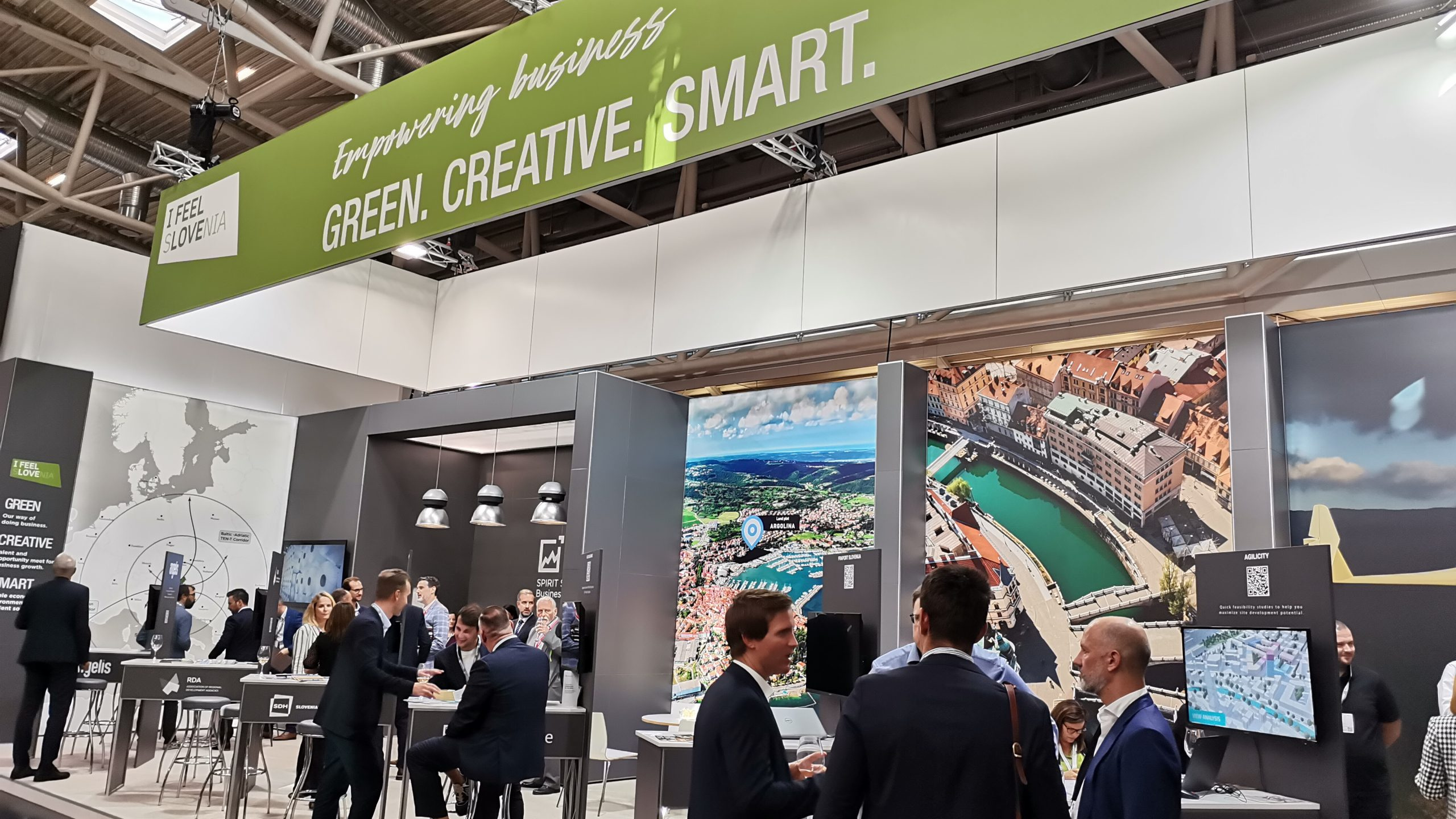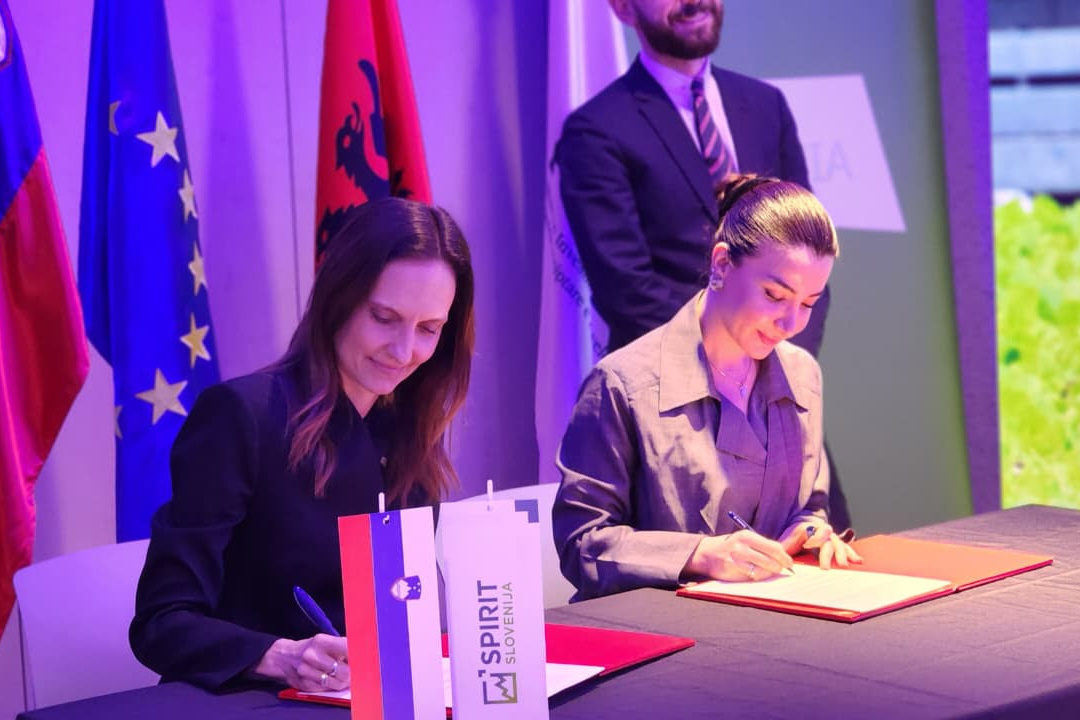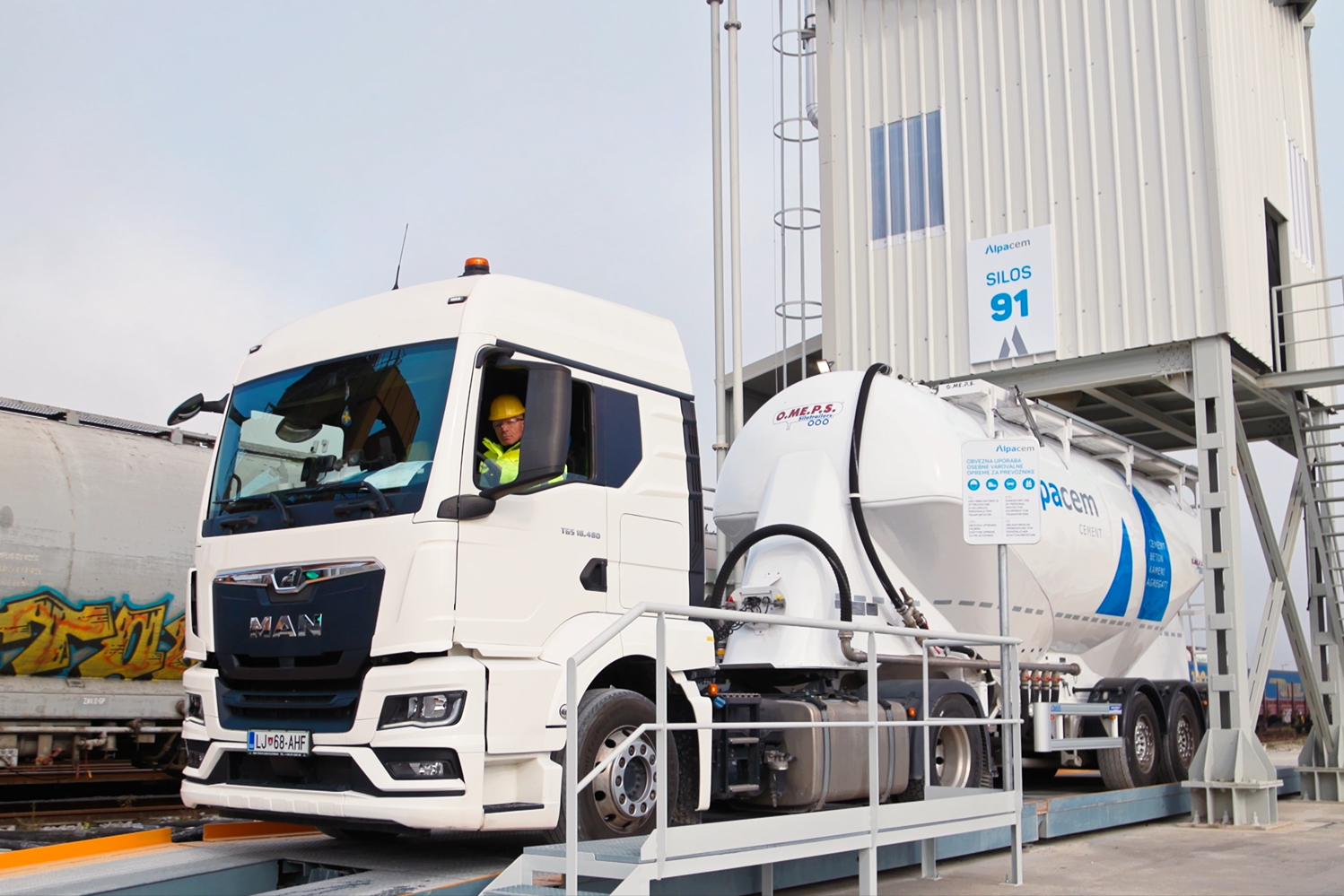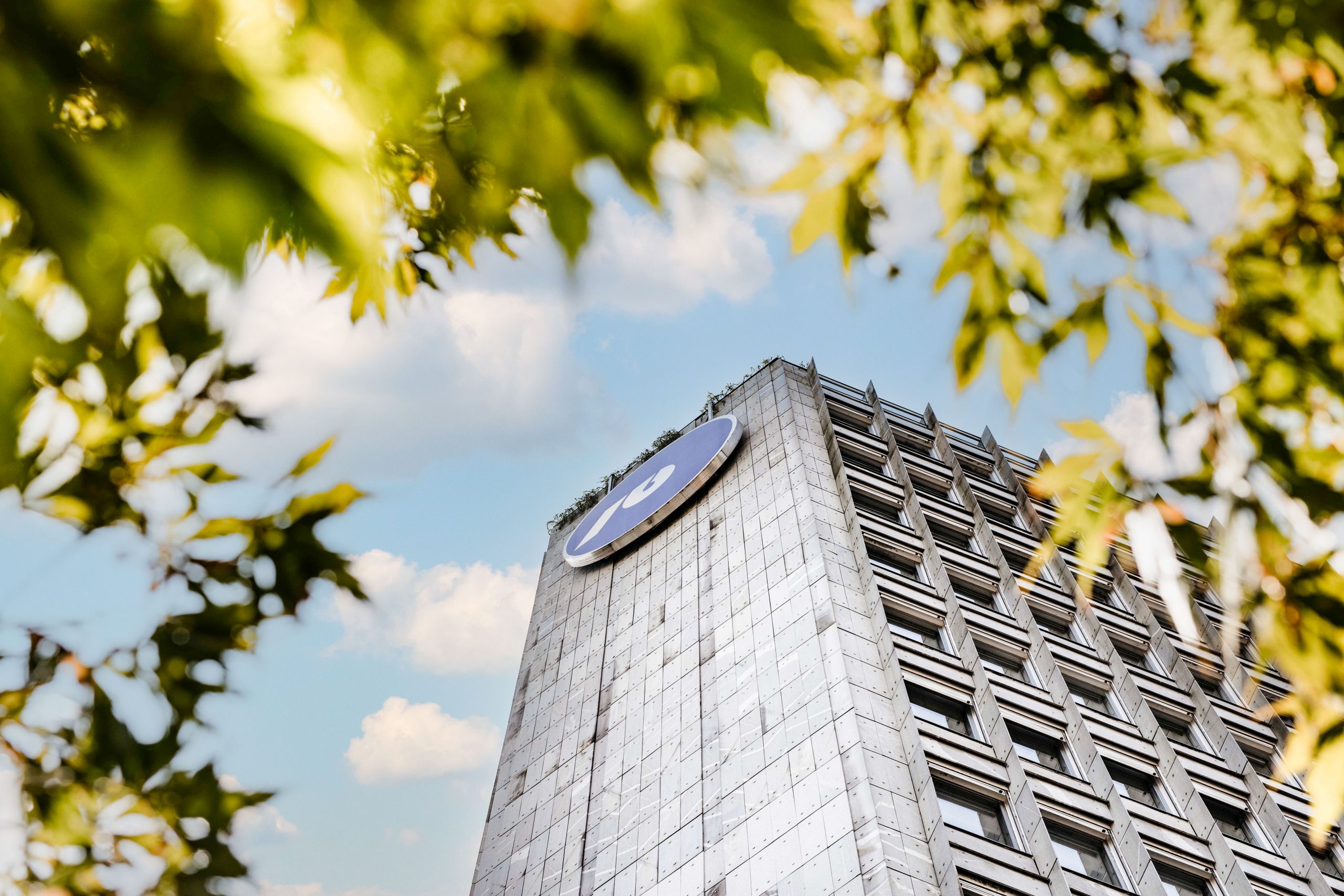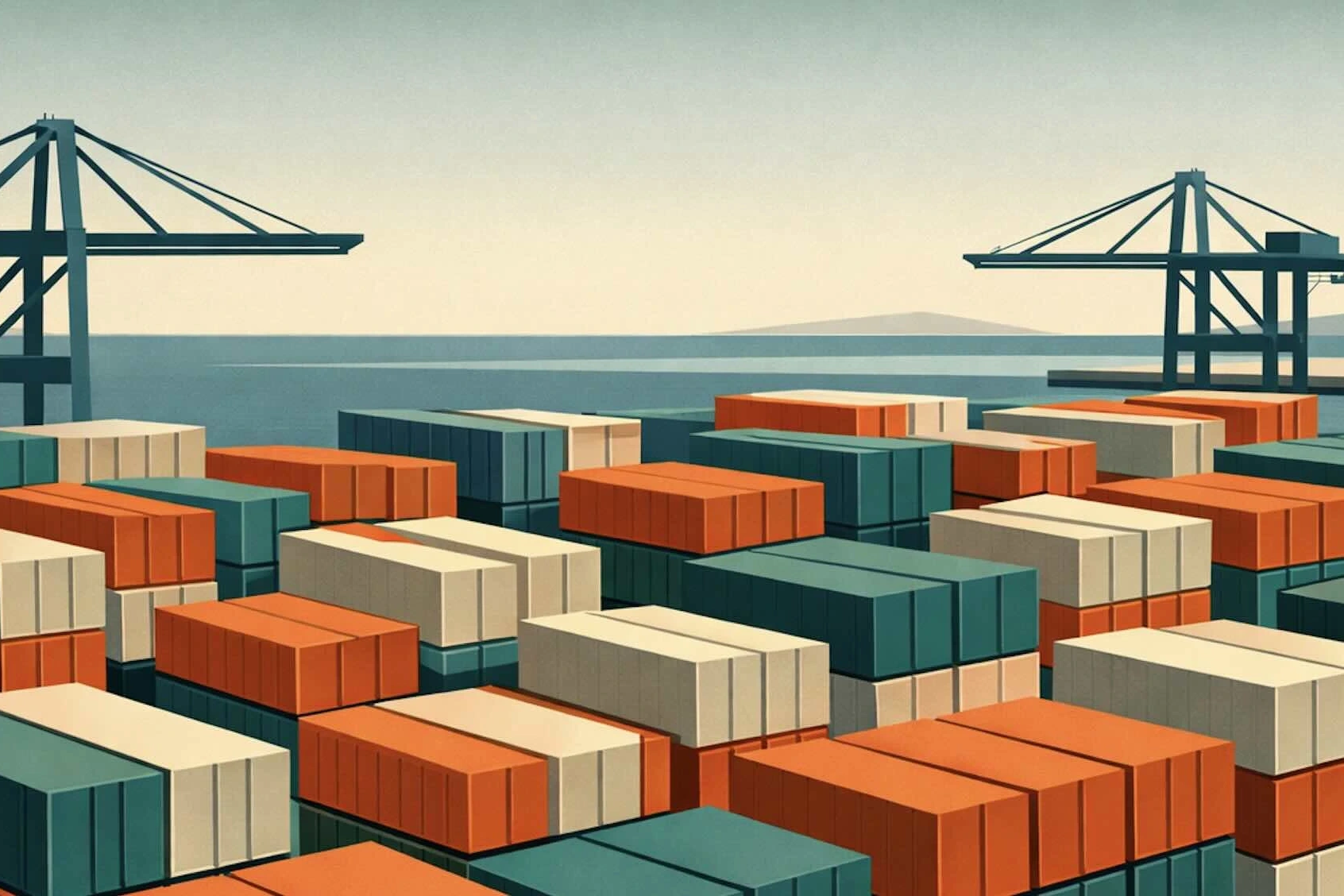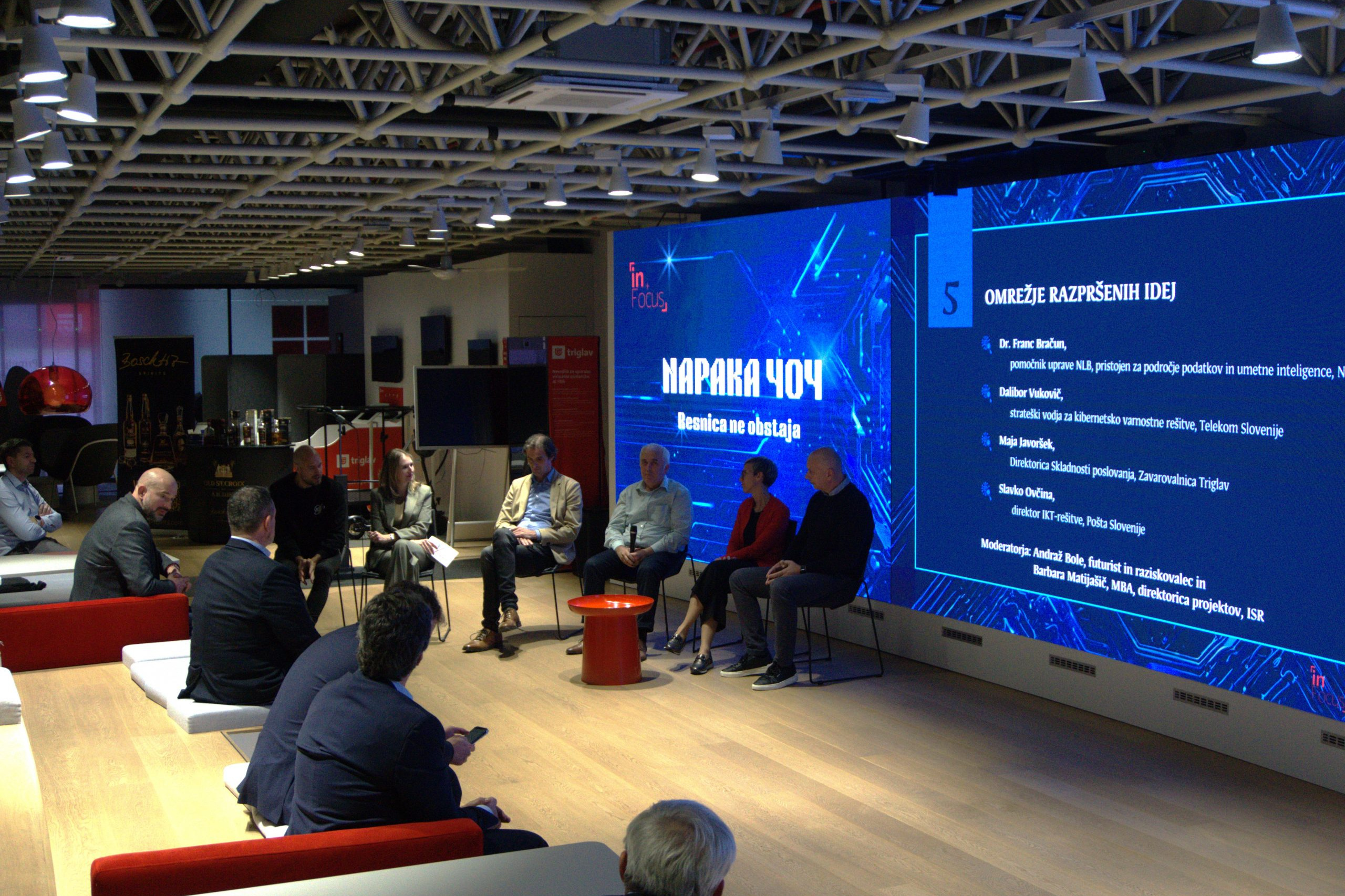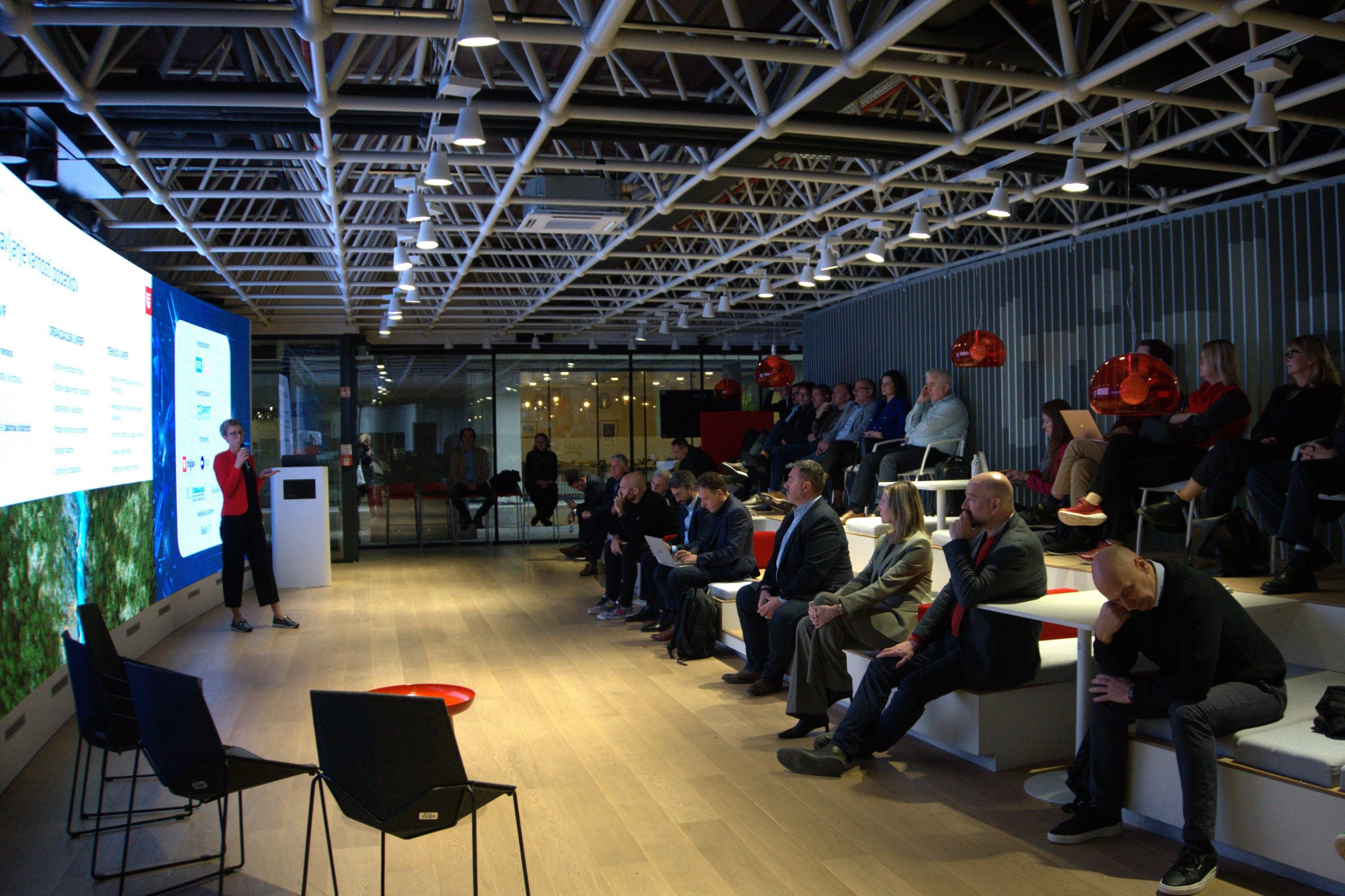Aligning strategy with global opportunities
SPIRIT Slovenia, the public business development agency responsible for attracting FDI to the country and helping Slovenian businesses expand abroad, continues to shape a forward-looking strategy to promote Slovenia’s economic competitiveness, innovation, and sustainability.
The Adriatic Team
SPIRIT Slovenia’s current strategic priorities rest on three pillars: competitiveness, innovation, and sustainability. The agency is dedicated to helping local businesses expand their international presence while attracting foreign investment. Collaboration is essential, as the agency works closely with various stakeholders to provide comprehensive support for entrepreneurs, especially in sectors that align with Slovenia’s development goals.
To stay relevant in a rapidly evolving global economy, the agency has adopted a proactive approach to adapting its strategies. SPIRIT Slovenia engages actively with businesses to understand their evolving needs and annually assesses interest in participating in international trade fairs and business delegations. In 2025, the agency will focus on a healthcare tradeshow in Dubai, a defence tradeshow in Abu Dhabi, connectivity in Barcelona, as well as exploring opportunities in the U.S. space industry and Germany’s logistics and food sectors. The agency has also set its sights on Asian markets, including China, Japan, and Vietnam, with EXPO Osaka being the key project for 2025.
Further expanding global outreach, SPIRIT Slovenia recognizes the importance of combining business and sports. The agency plans to host North Macedonian businesses and follow up with a Chinese delegation in the context of business events during the Ski Jumping World Cup Finals in Planica.
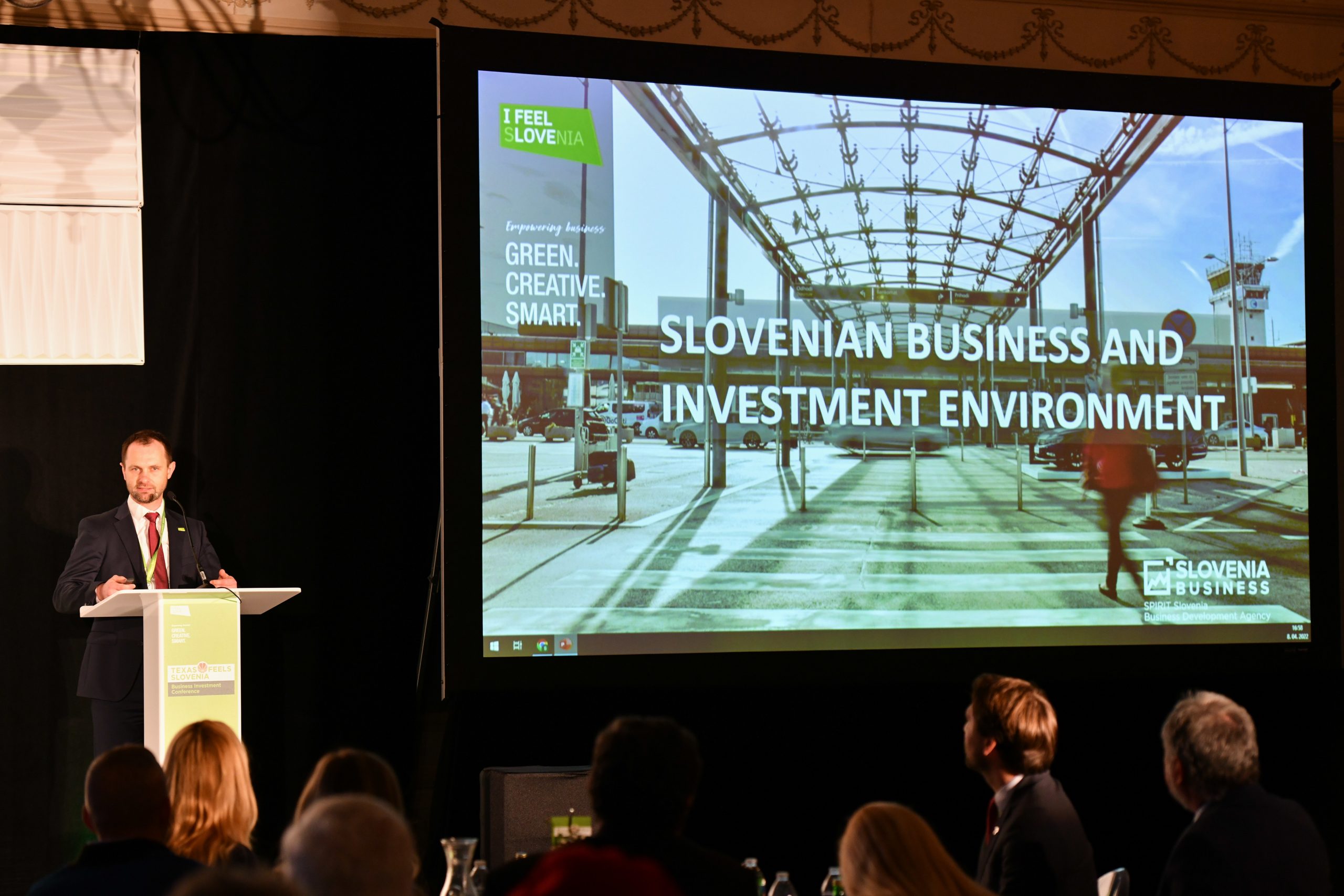
Regional growth
SPIRIT Slovenia is expanding its efforts to help Slovenian companies in the Adriatic region. New networking initiatives and business delegations are in development, and preparations are underway for EXPO in Belgrade in 2027. Business clubs in Croatia, Serbia, and the newly established one in North Macedonia are being leveraged to build deeper connections between Slovenian firms and regional partners.
The push to strengthen regional ties comes amid a decade of growing economic trade between Slovenia and its Adriatic neighbours. This growth reflects a more robust exchange of goods compared to 10-15 years ago, when trade primarily relied on traditional sectors. Technology, logistics, and sustainability now dominate cross-border trade, bolstered by improved infrastructure at the Port of Koper, which has made trade operations smoother and more efficient.
Despite the strong economic relationship, there remains room for improvement. Whilst Italy and Croatia dominate in trade and investment volumes, Bosnia and Herzegovina and Montenegro have balanced, though smaller, economic exchanges with Slovenia. Albania shows the weakest economic relationship but also the most potential for future growth. Trade volumes typically exceed investment levels, though Montenegro stands out where investment outpaces trade. This shift indicates growing recognition of Slovenia as a strategic business partner.
There is also untapped export potential in the region, particularly in medicaments, electrical energy, and motor vehicles. Medicaments consistently show the largest untapped potential in absolute value terms, underlining the importance of these sectors in further boosting Slovenia’s regional trade footprint. This aligns closely with the country’s broader strategy to attract foreign investment in high-value sectors.
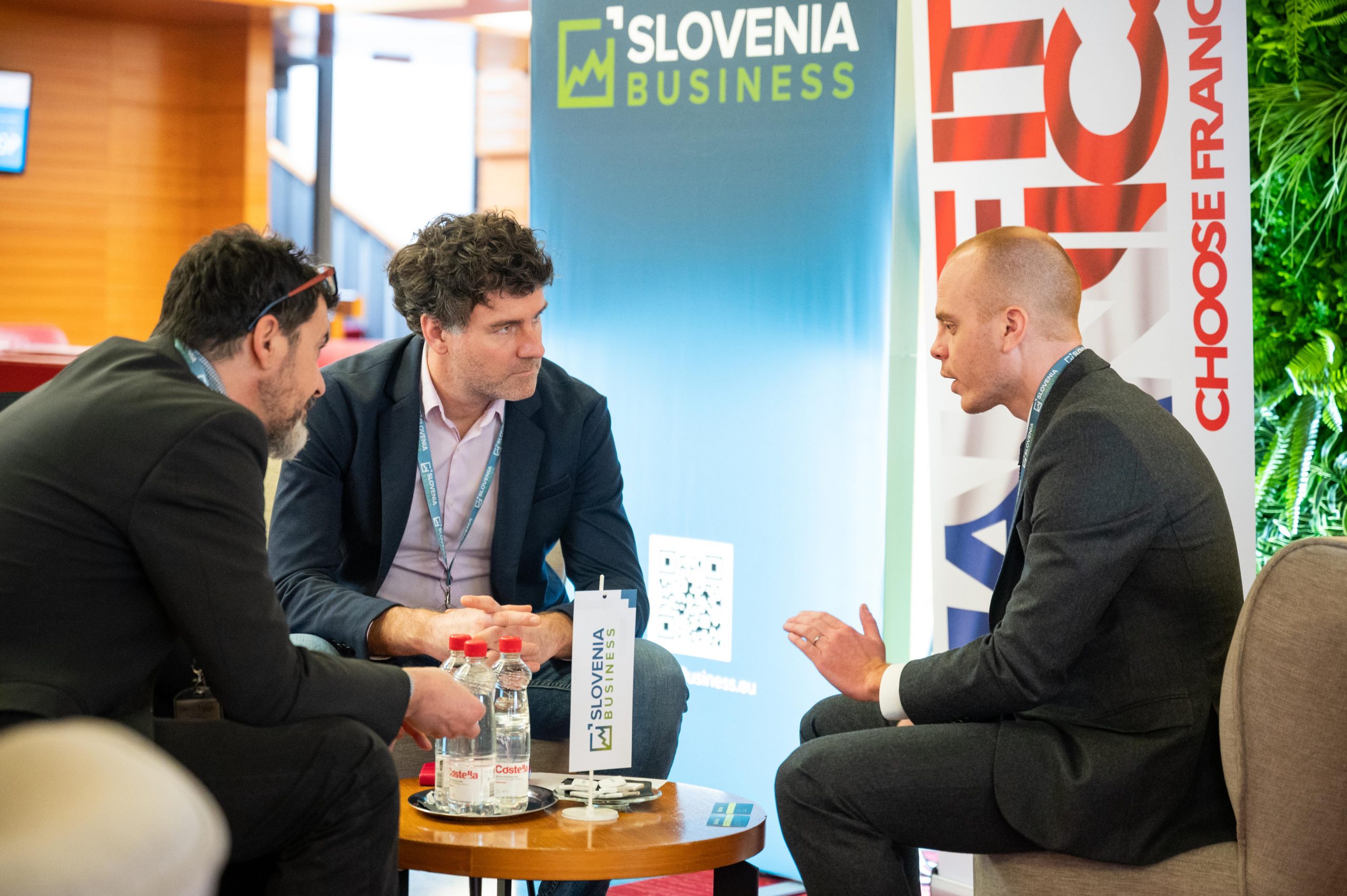
Key sectors
According to the government’s Programme for the Promotion of Investments and Internationalisation, five key sectors are set to drive Slovenia’s economic growth: advanced automotive and mobility, electronic equipment manufacturing, smart and sustainable technologies, wood industry innovations, and sustainable tourism. The agency is targeting investors whose projects not only exceed the national average in added value but also positively impact the economic ecosystem, enhance workforce skills, and promote balanced regional development.
Slovenia’s push towards smart manufacturing and sustainability in these sectors is a key differentiator in its investment strategy. According to recent data, 32.8% of foreign direct investment (FDI) in Slovenia is in the manufacturing sector, including automotive parts and electronics. Financial and insurance activities account for 20.6% of FDI, whilst wholesale and retail trade (including vehicle repairs) represents 19% of Slovenia’s foreign investment.
This focus on manufacturing and sustainability is complemented by various investment incentives that make Slovenia an appealing choice for foreign investors. These include a favourable corporate tax rate of just 19%, one of the lowest in the European Union. With additional deductions for research and development, machinery investments, and strategic employment, the effective tax rate can be as low as 13%. Municipal incentives and grants for large-scale projects further enhance the appeal for foreign investors, with grants available for projects exceeding EUR 12 million in manufacturing and EUR 3 million for service or R&D projects.

